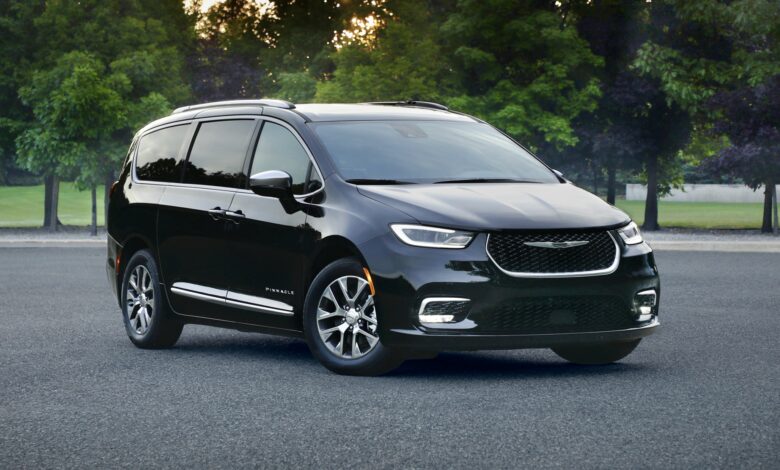
For years, the Chrysler Pacifica has been the gold standard of minivans—an American favorite known for its clever storage, optional plug-in hybrid (PHEV) technology, and family-friendly features. It even outsold the Honda Odyssey by a wide margin in 2024. But fast forward to 2025, and Chrysler’s grip on the minivan market is loosening fast.
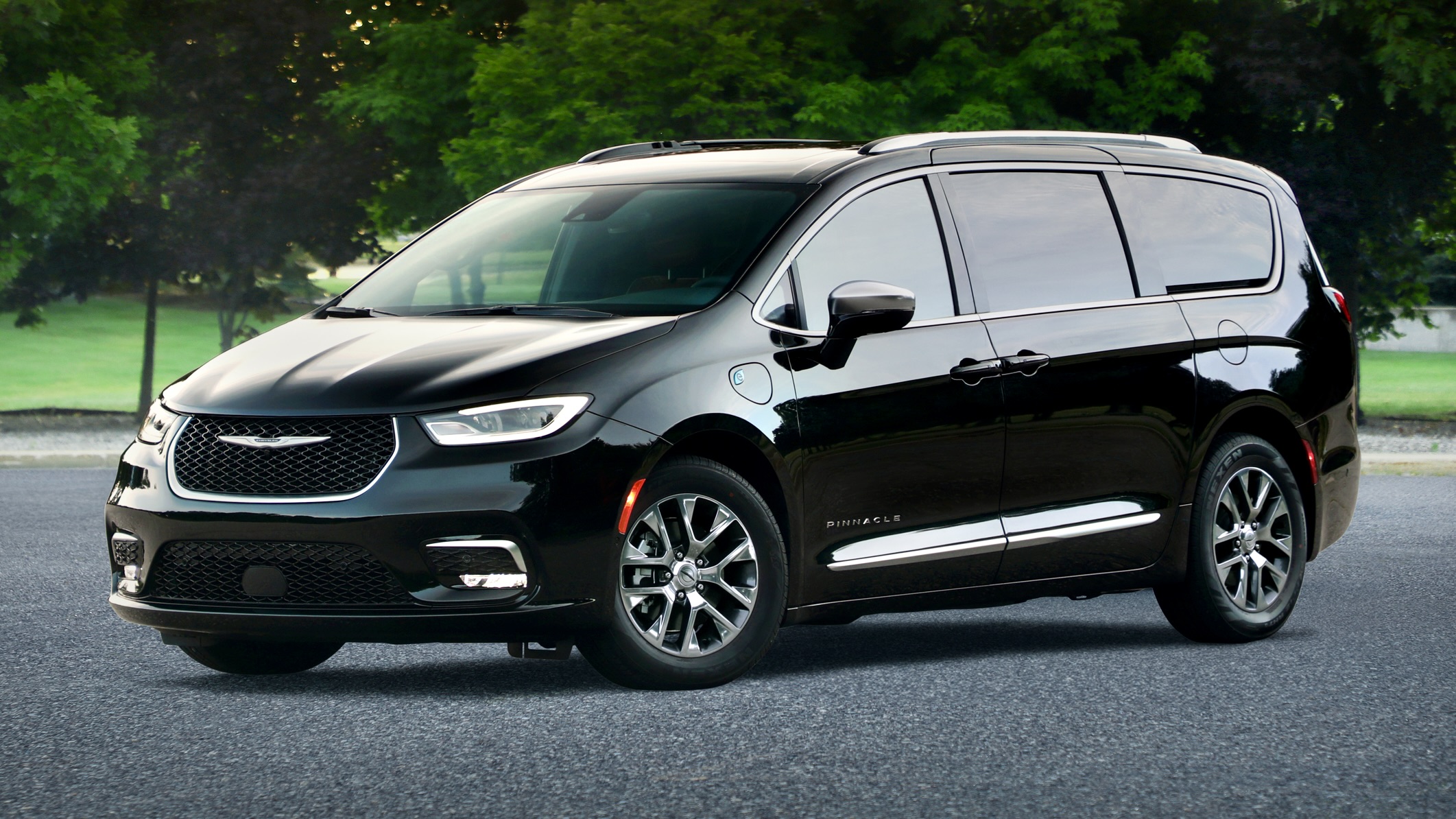
Through the first half of 2025, combined sales of the Chrysler Pacifica and Chrysler Voyager have decreased by 18.5% compared to last year. That’s a big hit for a nameplate that once led the segment with confidence. Chrysler sold just 57,756 minivans this year to date, while competitors have posted record gains.
Here’s a look at how 2025 minivan sales are stacking up:
| Minivan Model | 2025 YTD Sales | Year-over-Year Change |
|---|---|---|
| Chrysler Pacifica/Voyager | 57,756 | –18.5% |
| Toyota Sienna | 52,762 | +62.5% |
| Honda Odyssey | 50,033 | +27.4% |
| Kia Carnival | 33,152 | +57% |
As the chart shows, Chrysler’s once-dominant lead in the minivan segment is quickly vanishing.
Upon closer examination of the numbers, Q2 2025 was particularly challenging. Chrysler moved just 23,028 vans, compared to 37,768 in the same quarter last year. That’s a jaw-dropping 39% drop in quarterly sales.
So what’s going on?
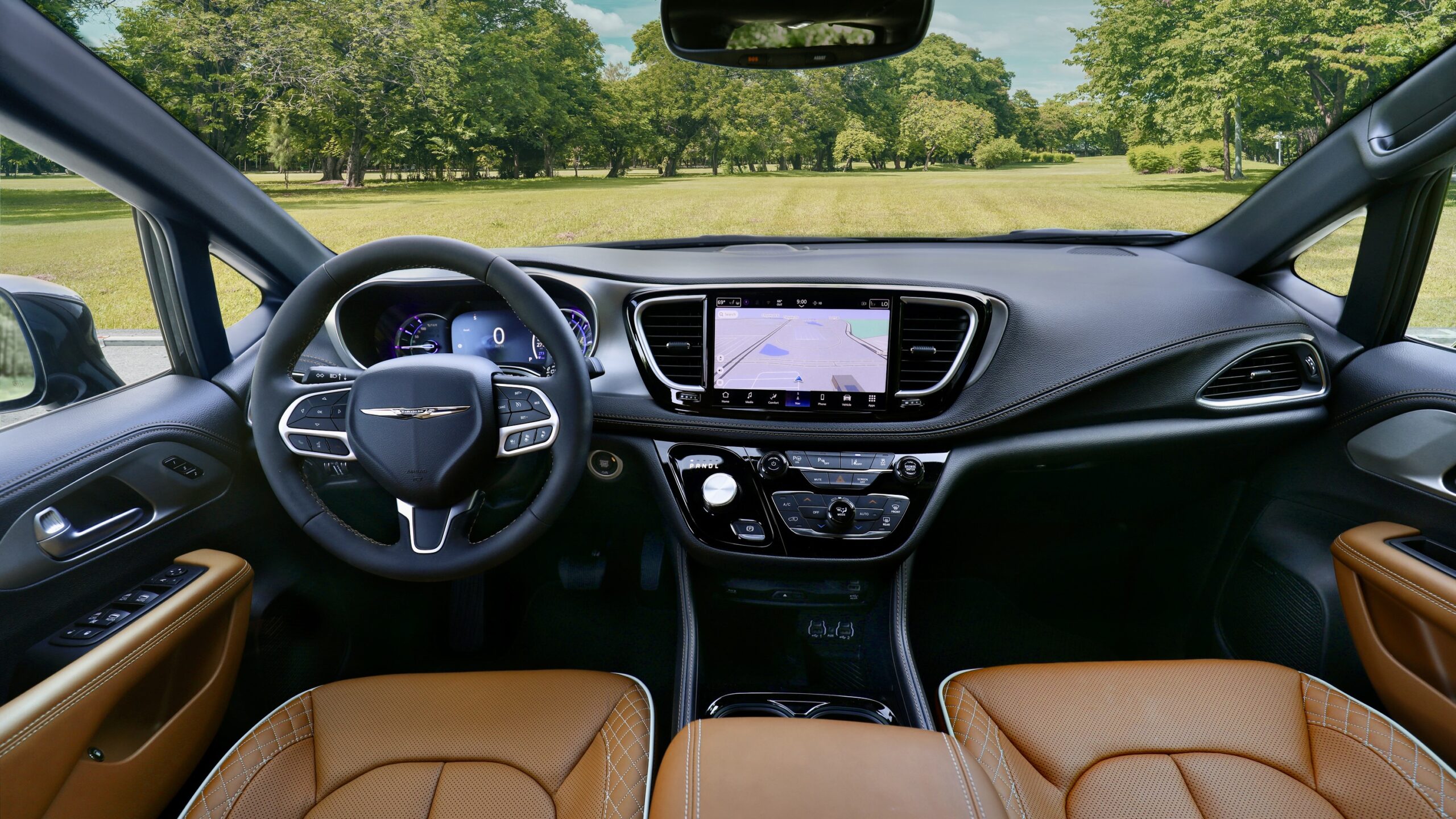
It’s not that Chrysler suddenly makes a bad van. The Pacifica still offers standout features like Stow ‘N Go seating, an available plug-in hybrid powertrain, optional all-wheel drive (AWD), and upscale touches like leather-trimmed lumbar pillows in the Pinnacle trim. It’s also one of the few minivans still offering a traditional V6 option.
One factor could be age. The current-generation Pacifica (RU) debuted in 2017. That’s getting long in the tooth for a modern vehicle, even if it’s been updated over the years. But it’s worth noting—the Honda Odyssey came out in 2018, so it’s not exactly fresh either.
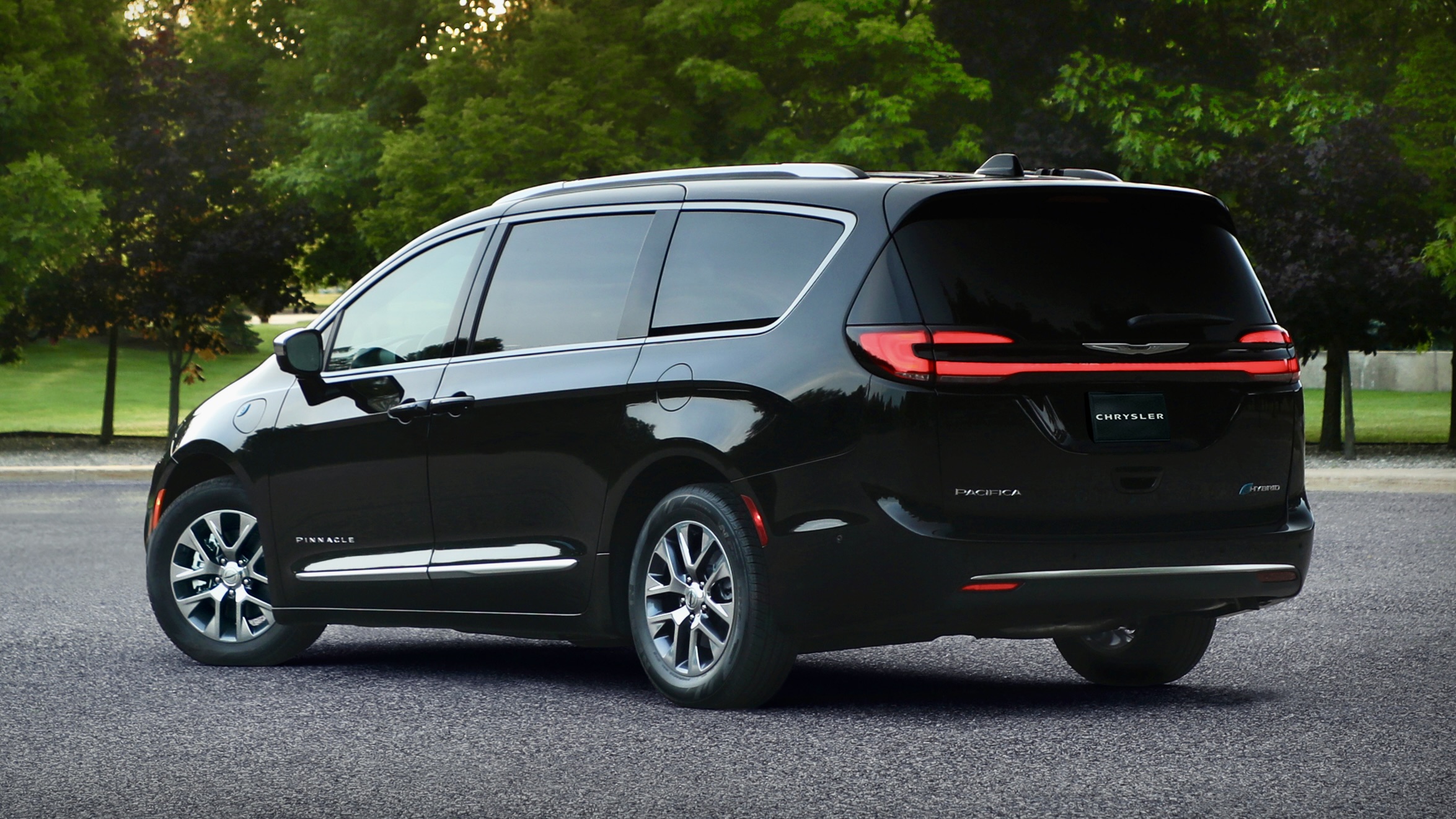
Another issue could be fleet sales. A Stellantis spokesperson told reporters that Pacifica and Voyager retail sales were actually up, by 1% in Q2 and 5% year-to-date. The sharp decline is likely due to drops in non-retail (fleet) sales, such as rentals or corporate purchases.
Chrysler has also faced supply challenges. The vans are built in Windsor, Ontario, and Stellantis has dealt with Canadian plant shutdowns over the years, including disruptions stemming from tariffs dating back to the Trump administration. That’s in contrast to the Odyssey, Sienna, and Carnival, which are built in the U.S. or imported with more consistent availability.
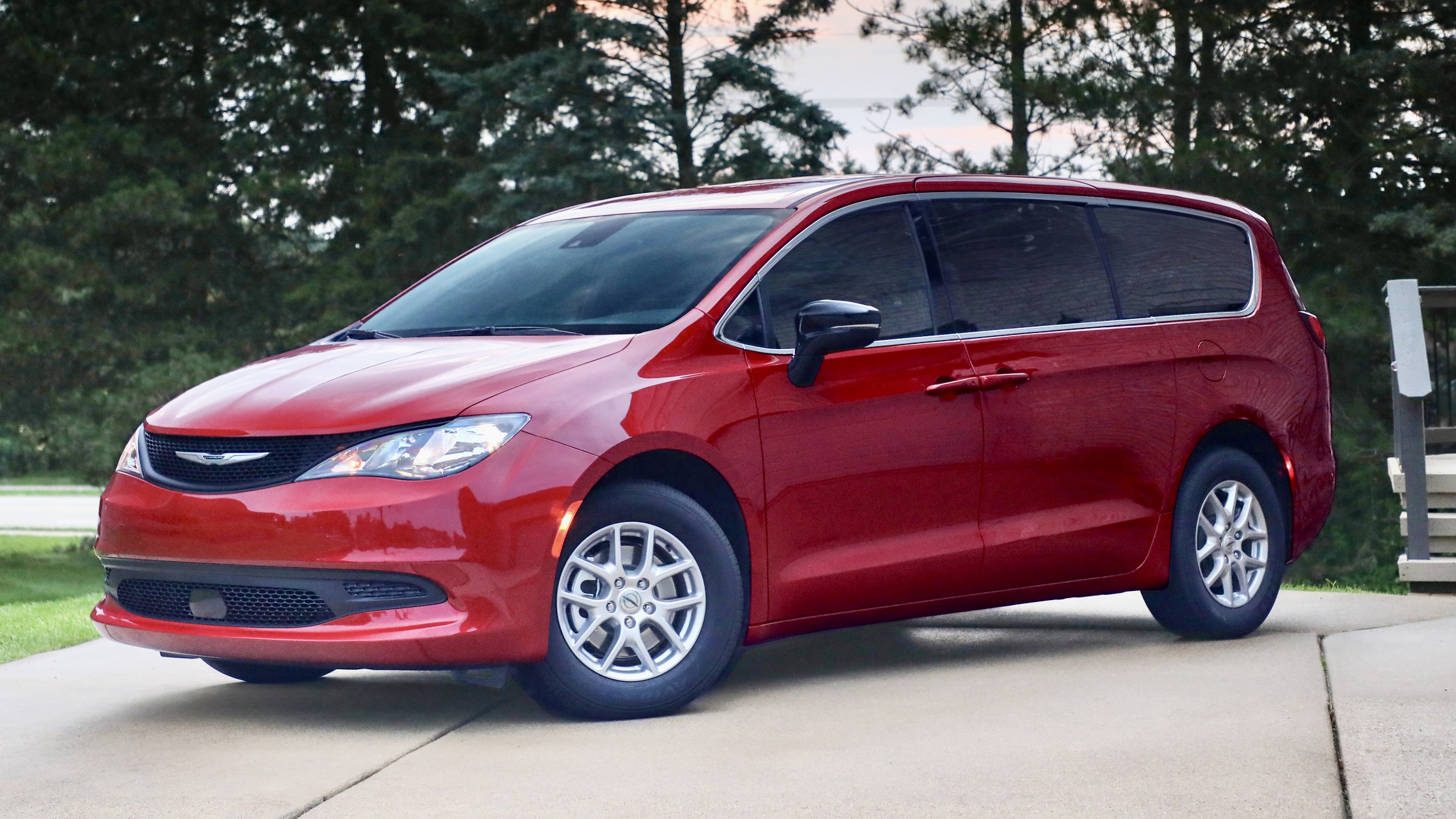
The return of the Chrysler Voyager—essentially a lower-trim Pacifica—was meant to offer a more affordable option. But it hasn’t done much to stem the tide so far.
At this rate, Chrysler needs either a major refresh or a next-generation minivan if it hopes to reclaim the top spot. Otherwise, foreign rivals will continue to run away with the American family hauler crown.

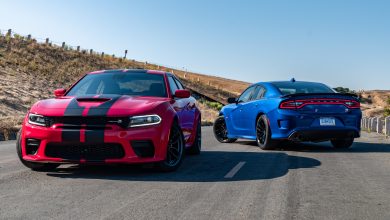
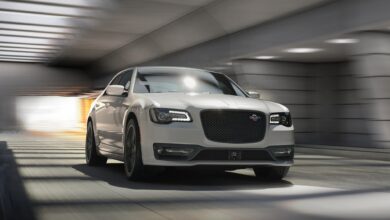

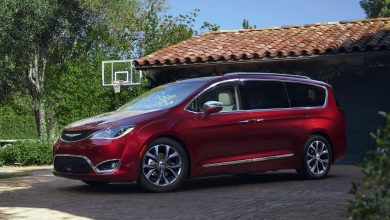
No replies yet
Loading new replies...
Join the full discussion at the Mopar Insiders Forum →